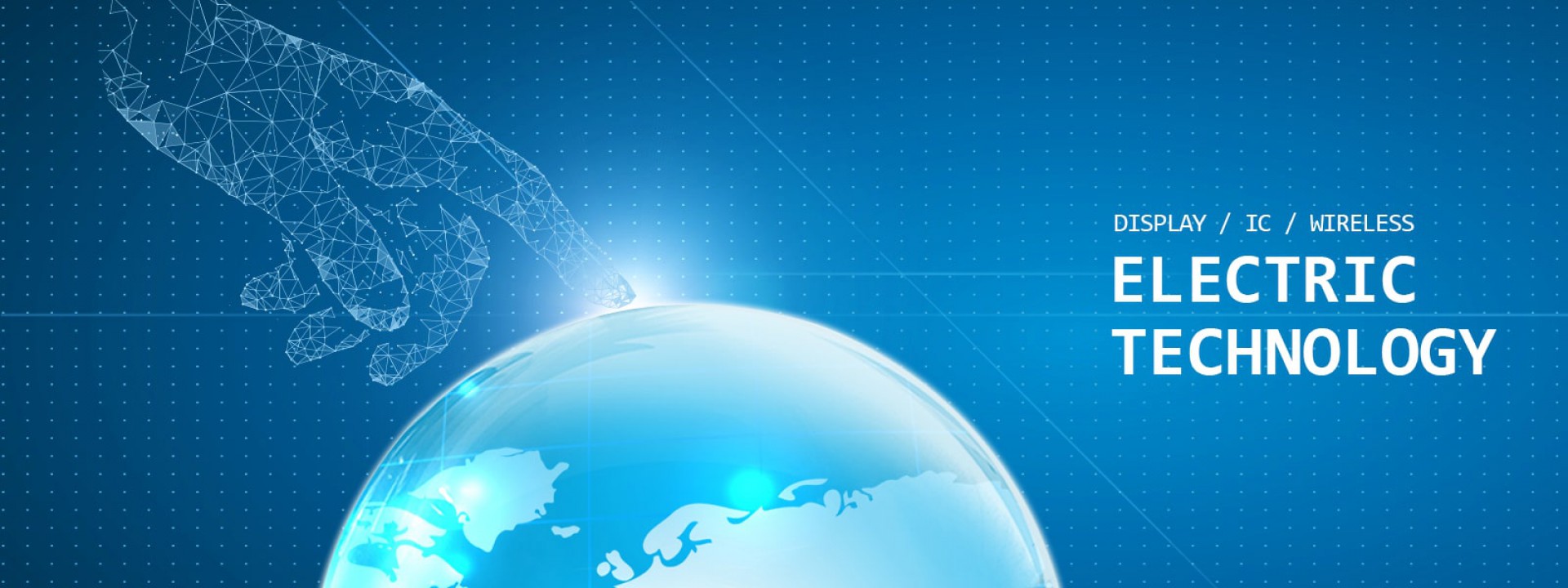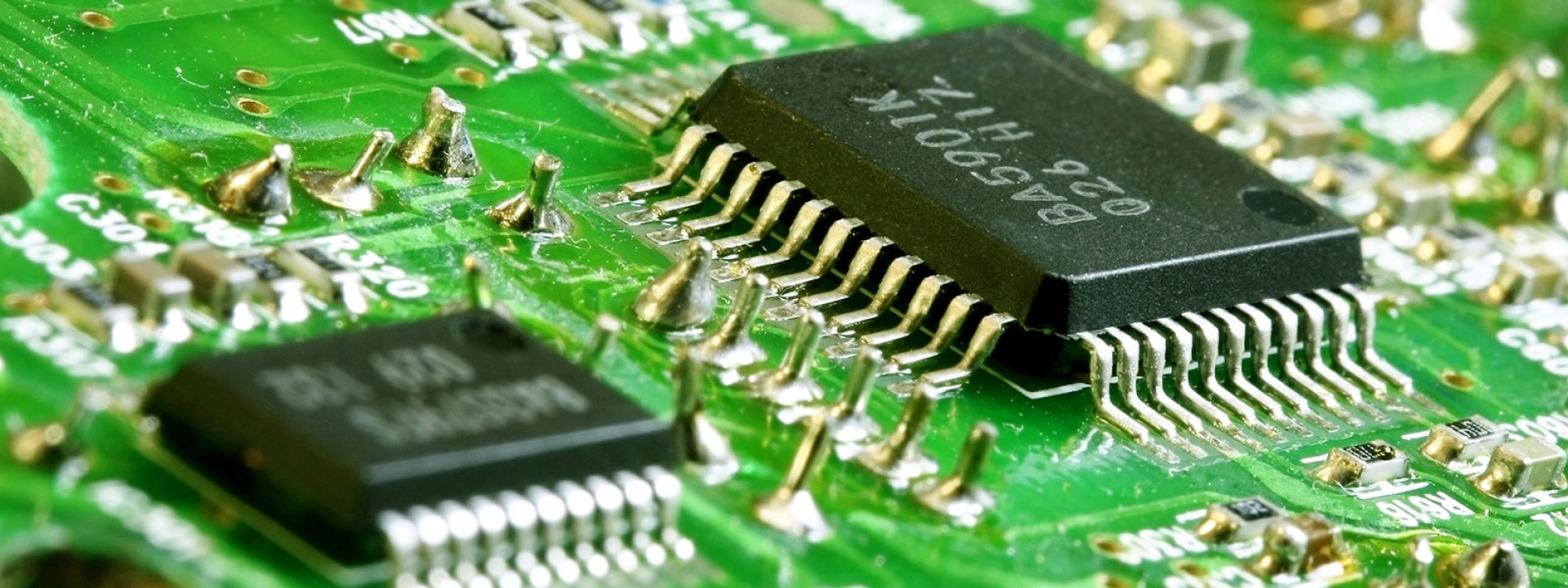News & Events
Edwards, which makes vacuum pumps and advanced exhaust systems used in semiconductor manufacturing, is working closely with the world's major foundries to reduce carbon emissions when fabricating ICs particularly those built using the most energy-intensive EUV process technology.
Chipmakers are moving toward low-carbon manufacturing, according to Eric Lin, president for Edwards Taiwan. Supply chains are aware of the ever-increasing importance of low-carbon manufacturing, and Edwards provides green and sustainable manufacturing solutions to meet the growing ESG (environmental, social and governance) trend.
Edwards also provide energy-saving solutions for EUV lithography, Lin noted, adding its technology, through energy-saving pumps and low-carbon waste hydrogen dilution instead of combustion, enables the waste hydrogen generated by the EUV process to be directly recycled and reused.
Based on the installation of 140 sets of EUV equipment worldwide, 50,000 tons of carbon emissions can be saved annually through Edwards' solutions for EUV process manufacturing, Lin indicated.
Edwards has been engaged in R&D for energy conservation and carbon reduction for many years, which is also the core of its procurement strategy to satisfy the growing needs from our major international customers, Lin said.
Edwards is also involved in a five-year project named Green Migration with IC foundries, under which it will help foundries transform and upgrade to low-carbon and energy-saving pumps based on the review of gas flows, pressure and temperature required so that their fabs can effectively and continuously reduce the energy consumption of pumps, according to Lin. The approach can save a total of more than 90 million kWh of electricity and NT$240 million (US$8.2 million) in electricity bills within the five years.
In 2021, Edwards promoted its abatement solutions to help foundry customers reduce 20.96 million tons of carbon dioxide emissions, Lin also disclosed.
Cutting nitrogen oxides (NOx) emissions is another trend. PFC gas abatement requires high temperatures that promote the formation of NOx gases, and Edwards' technology helps foundries minimize thermal NOx emissions, according to Lin.
By DIGITIMES






